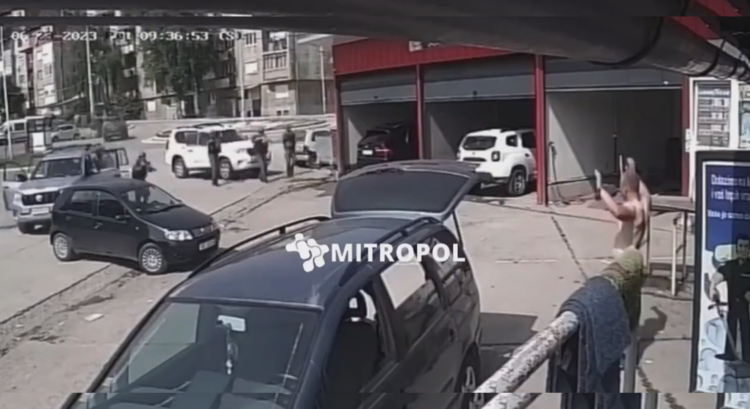Serbian President Vucic expressed his reluctance to engage in talks with Kurti, stating that it would lead to further damage without yielding any meaningful results. He underscored his disagreement with the idea of negotiations and questioned its rationale. Meanwhile, Kosovo’s Prime Minister did not clearly say its current stance on the matter.
Why Should the US Care?
Against the backdrop of the ongoing Russian invasion of Ukraine, the tension between Serbia and Kosovo has become even more significant, raising concerns about the stability of the Balkan region and Europe as a whole. Given the history of conflict and ethnic divisions in the area, it is crucial to handle the situation delicately to prevent another outbreak of violence. The recent rioting by ethnic Serbs in northern Kosovo, which resulted in injuries to NATO peacekeepers, highlights the potential volatility of the situation.
Recognizing the fragility of the region, the United States is deeply aware of the potential consequences if the unrest spirals out of control, posing a threat to regional security. As the leading member of NATO, the US is committed to preventing the rise of extremism in the area, as it would increase the risk of terrorist threats and endanger its allies. In light of this, American diplomats and military analysts are actively advocating for dialogue, emphasizing the importance of restraint and seeking peaceful resolutions to the disputes between Serbia and Kosovo. The goal is to foster long-term reconciliation between the two nations, promoting stability and reducing the risk of further conflict.
By engaging in diplomatic efforts and promoting peaceful resolutions, the United States aims to uphold regional security, protect its allies, and prevent the escalation of tensions in the Balkans. It recognizes the complex dynamics at play and the potential consequences of inaction. The commitment to dialogue and reconciliation reflects the United States’ dedication to fostering stability and ensuring a peaceful future for the region.
The inability to reach a settlement between the Serbian and Kosovo leaders in the recent dialogue could have significant implications for the region and beyond.
Quick Review on the Lingering Conflict
The ongoing tensions between the neighboring nations trace back to the 1990s conflict, which witnessed NATO intervention against Belgrade.
Even long after Pristina declared independence from Serbia in 2008, Belgrade continued not to recognize this, as did the ethnic Serbs living within Kosovo, who remained largely loyal to its former capital state. This historical context underscores the complexity of the situation and the long-standing animosity between the two sides.
Earlier this year, the disputed car license plate ignited escalating unrest, which was further fueled by a local election turnout in four northern Kosovo municipalities. The ethnic Serbs, who predominantly reside in the region, heavily questioned the poll results following the appointment of ethnic Albanian mayors. They boycotted the elections and conducted protests, and in response, Kosovo law enforcement was dispatched to control the raging crisis. From there, the situation rapidly deteriorated, exacerbating the conflict.
As tensions persist, the international community emphasizes the importance of diplomatic solutions and sustained global engagement to prevent further violence and promote long-term reconciliation. Continued monitoring and collaboration with EU partners are essential to navigate this fragile situation and pave the way for a peaceful and stable Balkan region.
—
Immerse yourself in the rich tapestry of the Balkan Peninsula and discover its captivating history, from the region’s ancient roots to its modern complexities. Check out “The Balkans” here and grab your copy today!










COMMENTS